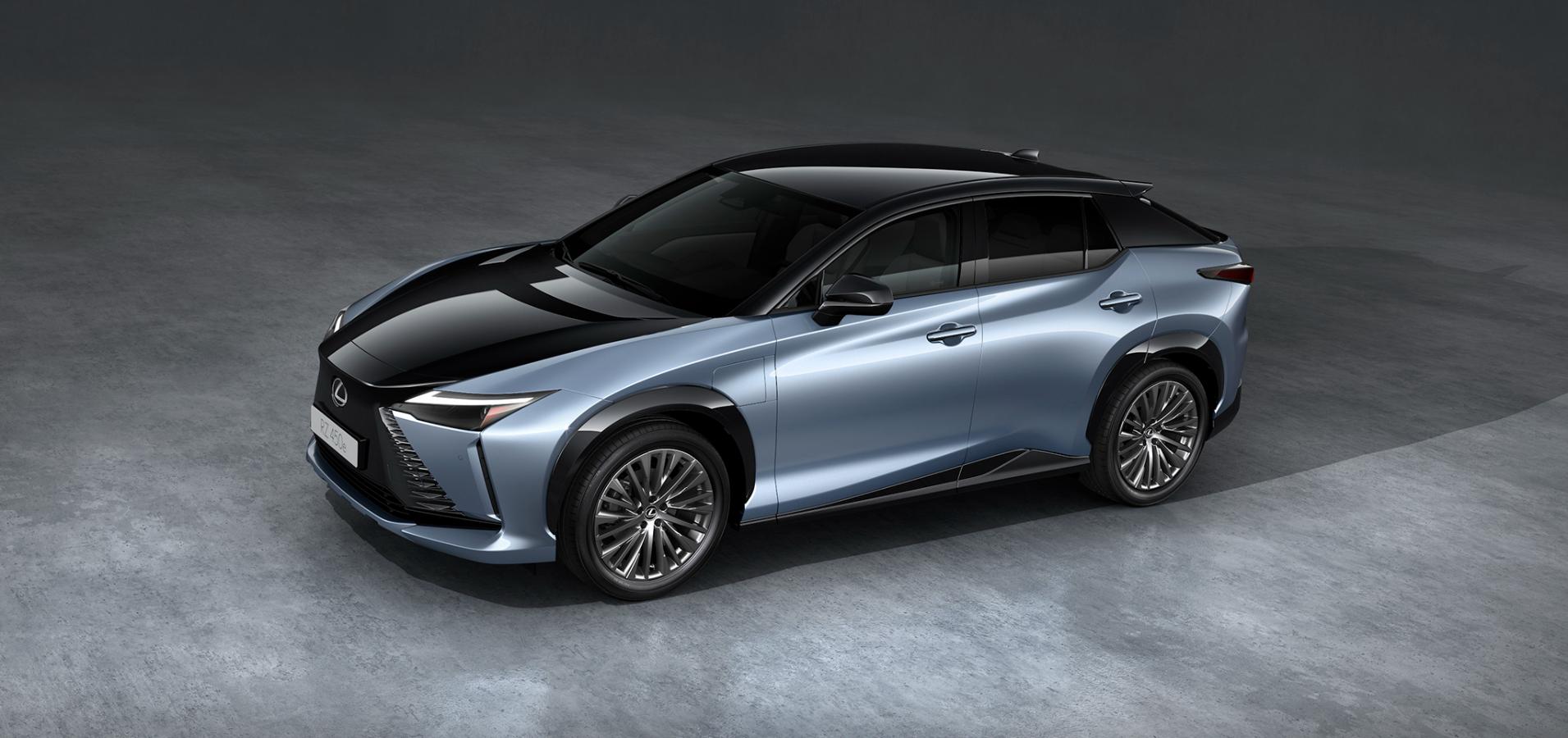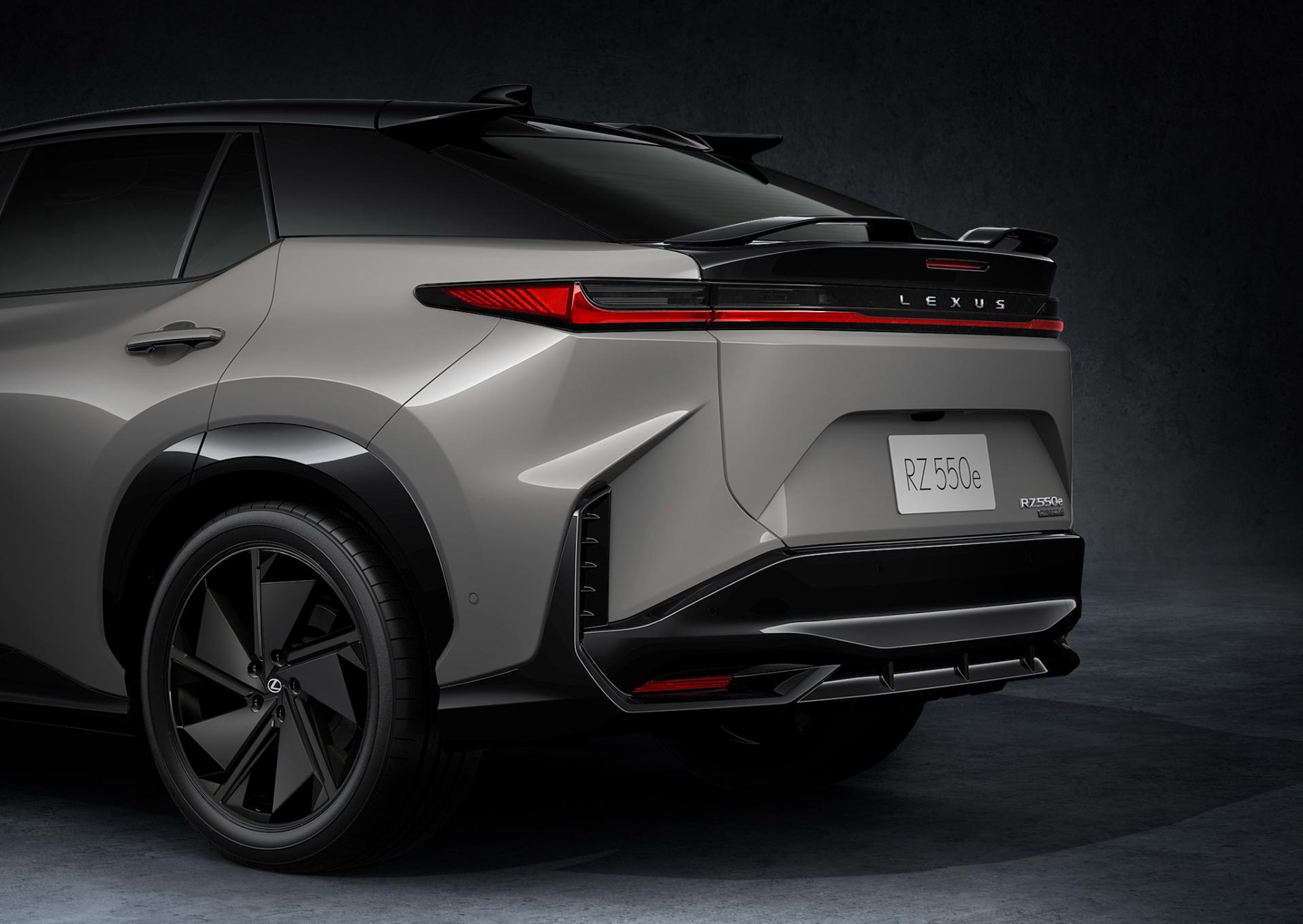Lexus, the luxury arm of Japan’s Toyota Motor Corp, has acquired a major plot of land in Shanghai for RMB 1.353 billion ($185 million), paving the way for construction of its first wholly-owned electric vehicle (EV) manufacturing plant in China, according to the Shanghai Public Resources Trading Center.
The site, located in the Jinshan district of southwestern Shanghai, spans approximately 1.13 million square meters and is designated for new energy vehicle (NEV) manufacturing, lithium-ion battery production, and other related battery technologies. The rights to use the land extend for 50 years, under terms set by the local Planning and Natural Resources Bureau.
See also: Lexus Unveils Refreshed RZ Lineup with Steer-by-Wire and Virtual Manual Gear Shift

The move follows Toyota’s February 5 announcement confirming plans to build a fully owned EV plant in Shanghai focused on producing Lexus-branded battery electric vehicles (BEVs). The first model is slated to enter production in 2027. The plant is expected to have an initial annual output of about 100,000 units and generate around 1,000 jobs in the early phase.
With this project, Lexus will become only the second foreign automotive brand to establish a wholly-owned manufacturing facility in China, following Tesla. The U.S. automaker’s Gigafactory Shanghai began construction in January 2019 and started operations later that year.
See also: Toyota to Build Wholly-Owned Lexus EV Plant in Shanghai, Aims for Production in 2027

China began loosening foreign ownership rules in its EV sector in 2018 and eliminated joint-venture requirements for all passenger car manufacturing by 2022. The changes have enabled foreign automakers to deepen their presence in the world’s largest auto market without relying on local partners.
Toyota, the world’s top-selling automaker, counts China as its third-largest market after the United States and Japan. The new plant marks a strategic shift for the company, signaling its intent to compete more aggressively in China’s rapidly growing EV sector.
